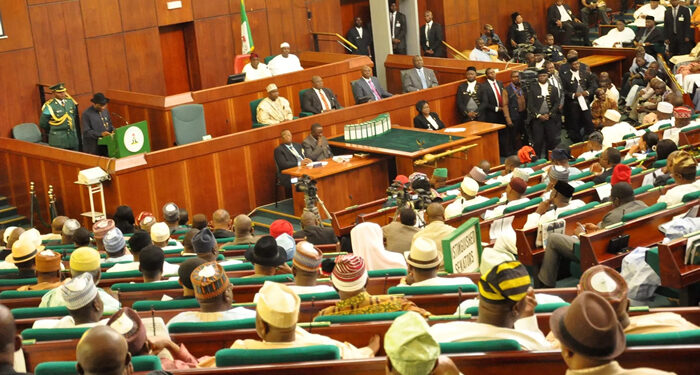On Wednesday, the National Assembly passed the Student Loans (Access to Higher Education) Act (Repeal and Re-Enactment) Bill, 2024. This legislative move followed separate considerations by both the Senate and the House of Representatives of the report of the Committee on Tertiary Institutions and TETFund.
President Bola Tinubu had submitted a letter to the Senate the previous Thursday, advocating for the repeal of the existing law and the enactment of a fresh bill. This request came on the heels of a temporary suspension announced a day earlier regarding the commencement of the student loan scheme, which aimed to provide interest-free loans to tertiary institution students to aid them in completing their studies.
Previously, in June 2023, Tinubu had signed the Student Loan Bill into law, intending to facilitate Nigerian students’ access to loans at interest-free rates. However, the Senate responded by passing for the second reading a Bill for an Act to Repeal the Students Loan and Access to Higher Education Act 2023 and enact the Student Loans Access to Higher Education Bill 2024.
The implementation of the student loan scheme, initially scheduled to commence last Thursday, was put on hold by the Presidency to allow for some amendments to the bill. The Senate expediently considered these amendments during plenary, following the presentation of the report by the chairman of the committee, Senator Muntari Dandutse (APC, Katsina South).
Among the amendments proposed by President Bola Tinubu, as outlined in an explanatory memorandum, were the removal of the family income threshold and the guarantor requirement for loan applications. Additionally, students would no longer be disqualified based on their parents’ loan history.
The bill also introduced provisions for justice and fairness, mandating the board to ensure a minimum national spread of approved and disbursed loans each financial year. Regarding loan repayment, beneficiaries would begin repayment upon employment in any capacity, with the Fund refraining from initiating loan recovery efforts until two years after completion of the National Youth Service Corps program.
Furthermore, the bill allows for loan forgiveness in cases of death or inability to repay due to acts of God. It also imposes penalties for providing false statements to the Fund, with offenders liable to imprisonment for three years.
Overall, the passing of this bill reflects ongoing efforts to enhance access to higher education and alleviate financial burdens on Nigerian students.
























